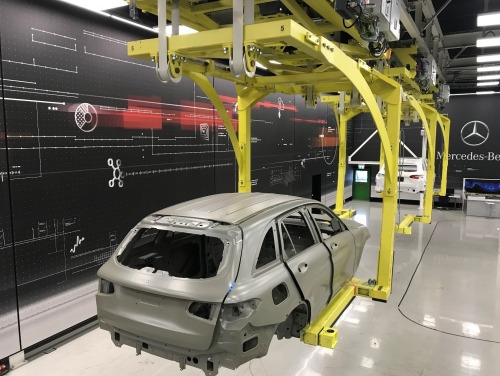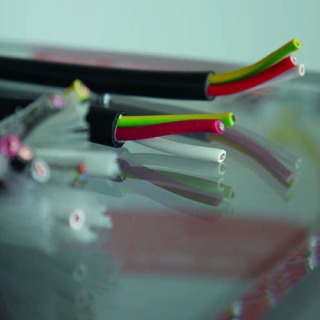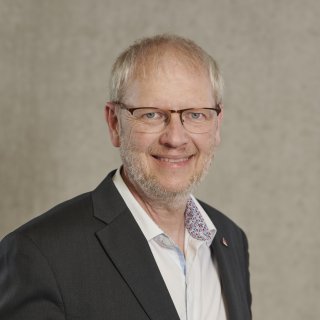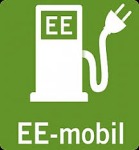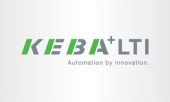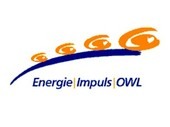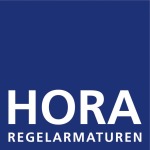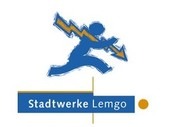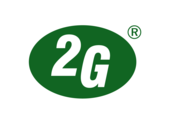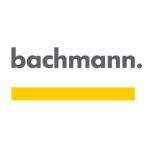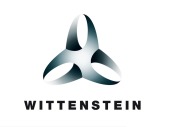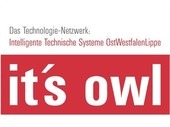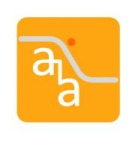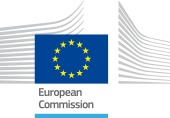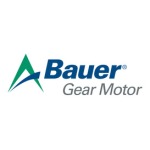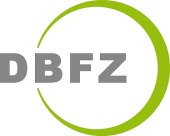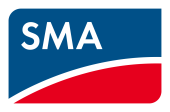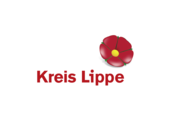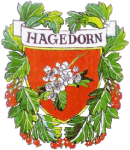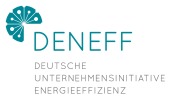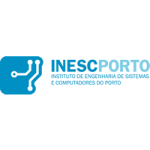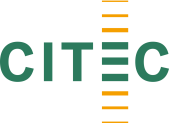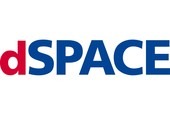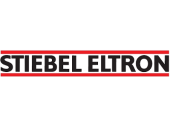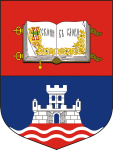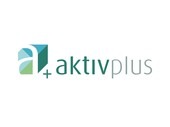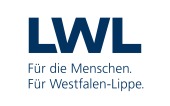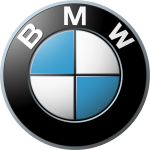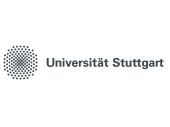Energy efficiency for industry - DC-fed busbars for efficient energy transfer in production lines
The three-phase 400 volt AC voltage is used as standard in industry today. AC voltage is also used in the production lines of this world. The number of frequency inverters including rectifiers and DC link, which is mostly required per industrial consumer, is enormous. In order to significantly reduce the number of these AC / DC converters and to take advantage of further advantages of direct current technology, the industry is looking for new solutions here to become more efficient and sustainable.
Efficient production lines with DC-fed busbar
- Consortium partners from research & industry in the EU funded project effiDCent
- Increasing the energy efficiency of production lines in the automotive industry
- Stable and safe network quality and recovery of braking energy in DC operation
- EMS test facility at the Mercedes-Benz Sindelfingen plant
In the funding project effiDCent, the reseach institute Future Energy at OWL University and Applied Sciences and Arts is researching together with the consortium partners from research (TU Dortmund) and industry (Paul VAHLE GmbH & Co. KG, Condensator Dominit, ETA Elektrotechnische Apparate GmbH) a direct current-fed busbar system with integrated intelligent energy storage, central direct current feed, buffer capacitors and arc monitoring, which should optimize the energy transfer in the production lines of the manufacturing industry.
Consortium partners from research & industry in the EU funded project effiDCent
The aim of the funding project, which is funded by the European Union and the state of North Rhine-Westphalia, is to increase the energy efficiency of production and production lines, to minimize network-related production downtimes and, accordingly, to generate an optimal manufacturing process. Ideally, when switching from AC to DC voltage, an arrangement of buffer capacitors and intelligent energy stores would result in an enormous reduction in material and a change in the conductor material. The customer also saves on DC converters and capacitors. Accordingly, these are only required centrally on the stationary infeed.
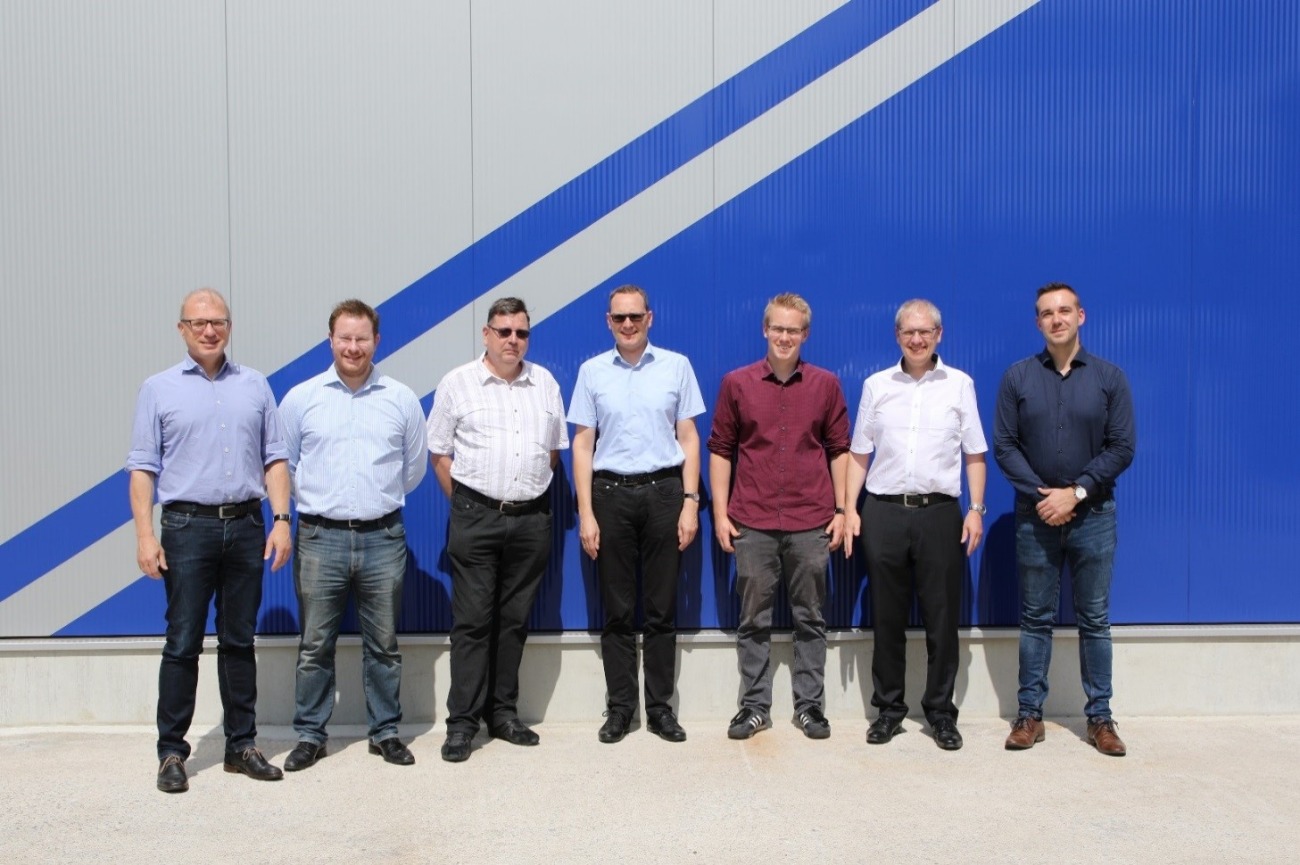
Kickoff Veranstaltung des Projekts effiDCent (v.l.): Volker Napiwotzki (Vahle), Alexander Gußfeld (Projektträger Jülich), Jürgen Reese (Condesator Dominit), Prof. Dr.-Ing. Martin Pfost (TU Dortmund), Jan-Niklas Koch (TH OWL), Prof. Dr.-Ing. Holger Borcherding (TH OWL), Marco Hermanni (Vahle). Quelle: VAHLE
On August 7, 2019, the consortium partners met for the joint kickoff project at the VAHLE Demo Center in Kamen. The project partners used this day to get to know each other and to present their individual core competencies. In addition, the project partners were guided through the production of the electricity transmission specialist.
"In the production lines of this world, AC voltage is used to distribute the energy," explains Marco Hermanni, project manager and coordinator at VAHLE. "The energy supply of the production lines via busbar system is currently almost exclusively industry-wide via AC voltage, which, however, has to be converted twice to the on-site conditions per customer via DC converters and DC link capacitors."
Switching the energy supply to DC voltage allows great efficiency advantages.Major innovations would be the massive material saving of copper through direct current transmission and alternative conductor materials, the use of a central direct current feed with fault shutdown and the resulting reduction in size of the converter through regulated direct voltage and arc detection. In addition, the installation of buffer capacitors along the busbar brings dynamic stability with a simultaneous decrease in overall capacity. In the end, the use of intelligent energy storage, in order to be able to cover the highest peaks in load requirements for a short time, would enable uniform conditioning of the energy requirement.
Increasing the energy efficiency of production lines in the automotive industry
The research consortium is breaking new ground by installing buffer capacitors along the busbar. Ensuring stability in particular is the biggest challenge that requires considerable research. Nevertheless, the advantages of the proposed DC-operated busbar system are immense. The switch from AC to DC in combination with buffer capacitors significantly reduces the copper requirements of the rail.
This could mean a material reduction of up to 50% combined with an increase in customer efficiency of up to 15%. In addition, the central direct current feed and the buffer capacity allow a significantly simpler construction for the customers. Furthermore, due to the intelligent energy storage, the feed-in now only has to be designed for the nominal power and no longer for the peaks - the peak power. Overall, DC-based production proves to be more robust against fluctuations in the supply and quality of the network.
Stable and safe network quality and recovery of braking energy in DC operation
In addition to enormous cost efficiency, decisive advantages for the energy transition and Industry 4.0 can be advanced. Switching to direct current feed-in in industry would make it much easier to bring electricity from renewable sources into the grids.
The consortium benefits from the support of Mercedes-Benz AG. The project partners can test the research results at Daimler's own test monorail system in Sindelfingen.
“The feedback of braking energy, for example, is currently only limited by the use of alternating current or is only possible with the use of special regenerative frequency converters. The use of direct current offers further advantages and not only ensures stable and safe network quality, but also makes it easy to use braking energy. And it's not just the theory. The research results are tested live in an electric monorail test facility at Mercedes-Benz AG in Sindelfingen”, explains Marco Hermanni.
Ultimately, the consortium expects that the total energy efficiency of an electric monorail system can be increased by 17-25% through the proposed innovations alone, and this with significantly simpler and therefore cheaper customers. The innovations in this project are evaluated in a realistic demonstration system and finally qualified. This is done in close coordination with the users, which is why it is expected that due to the great advantages of the system after project completion there are excellent opportunities for the exploitation of the project results and the industry in NRW will thus be sustainably strengthened.
The project is funded by the European Union and the state government of North Rhine-Westphalia:


You will find more information on the project by following the link:
Do you have any questions regarding the project? Please feel free to contact:

